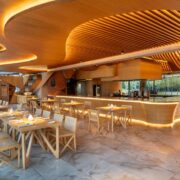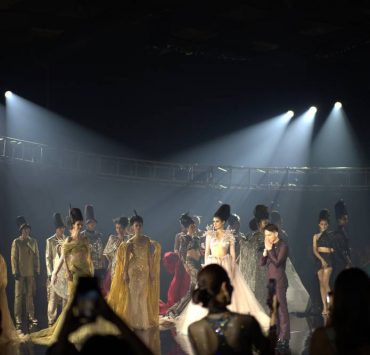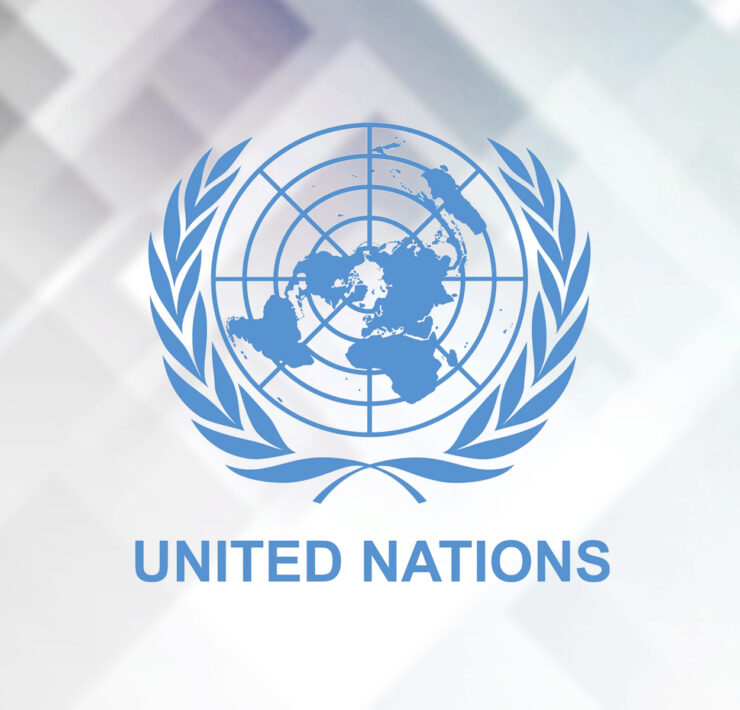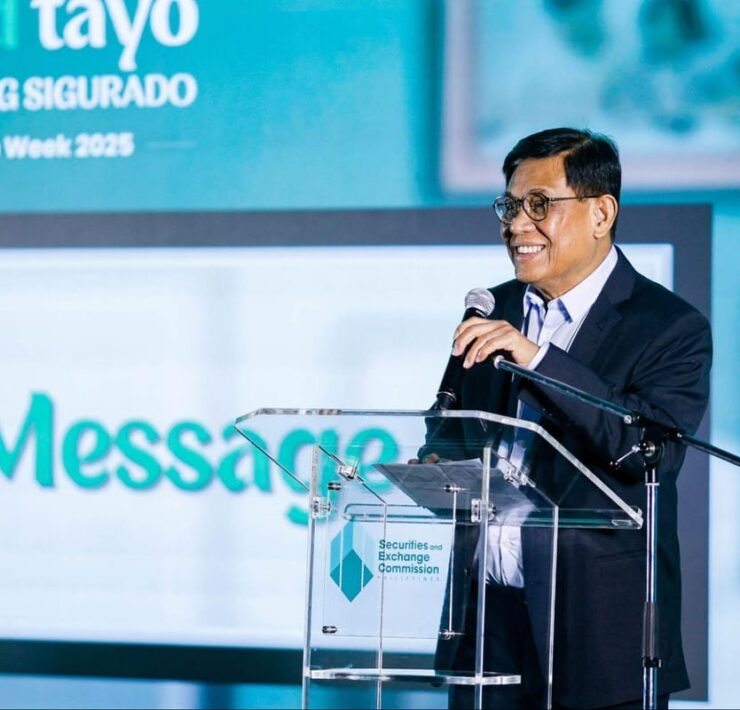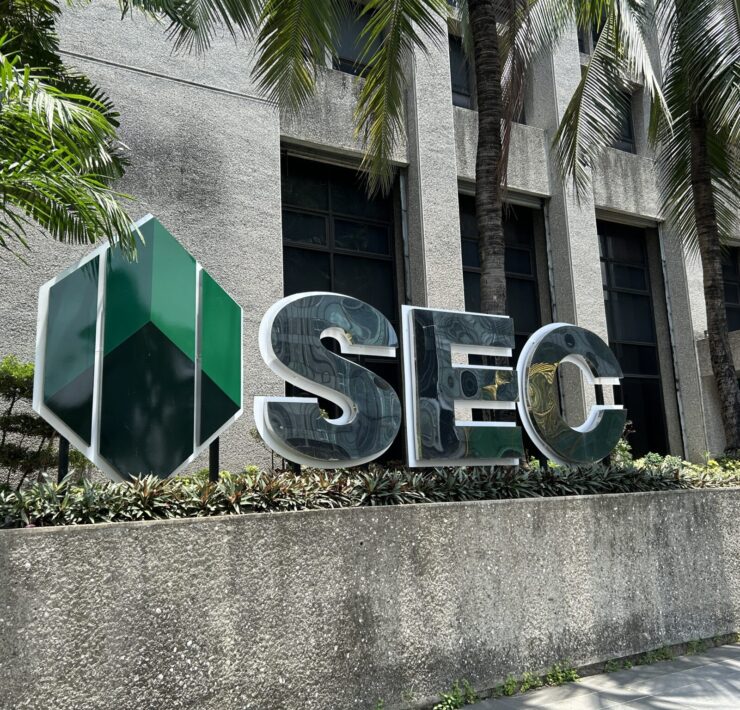Catch this exhibit on fashion’s circular economy
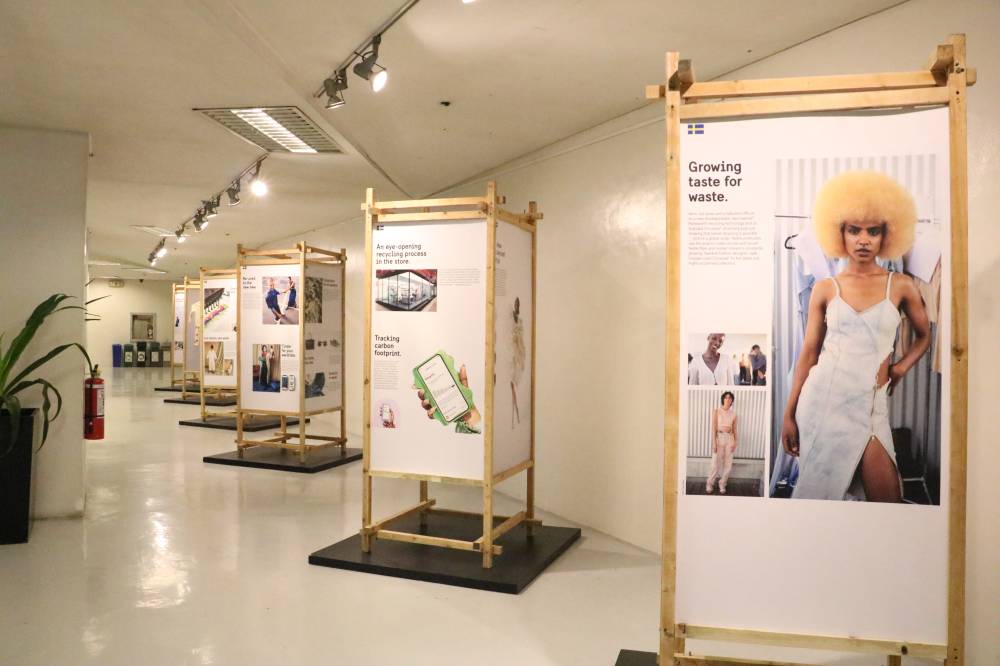
The Embassy of Sweden in Manila, in partnership with the Fashion Design and Merchandising (FDM) program of De La Salle-College of Saint Benilde, recently launched “Fashion Forever,” an exhibition on circular economy in fashion and textiles.
The showcase, which was organized with the support of the Swedish Institute and Swedish retail brand H&M, provides an overview of the novel and sustainable approaches in design, production and distribution.
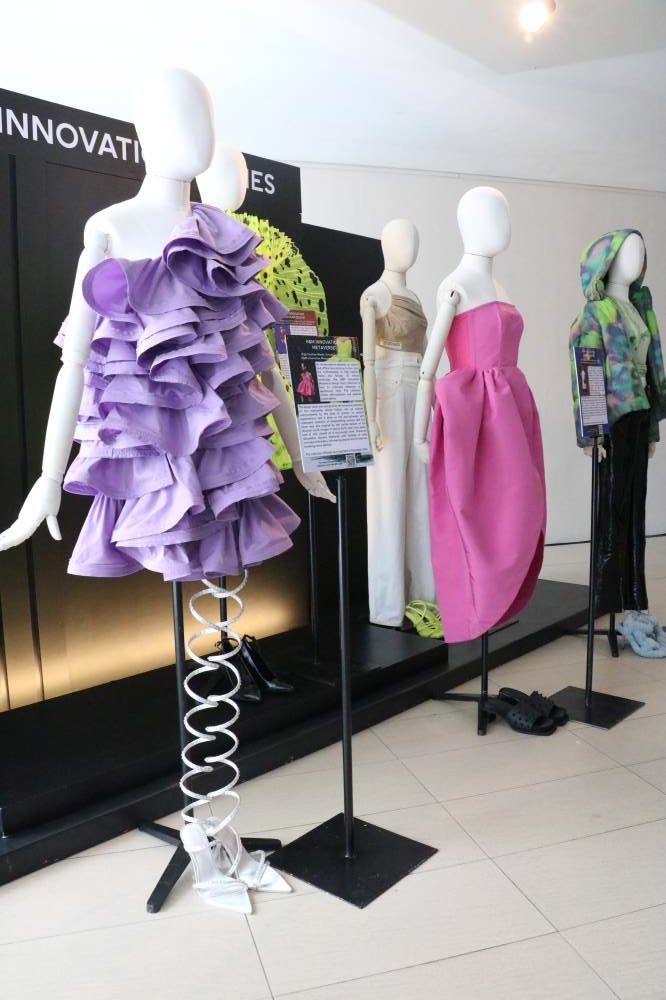
Among the featured projects is the “Textile & Fashion 2030,” a government-backed initiative led by the research-oriented University of Borås, which focuses on sustainability efforts. This is in collaboration with the Swedish School of Textiles, SmartTextiles, open collaborative arena Science Park Borås and the state-owned Research Institutes of Sweden. Collectively, they aim to study different techniques and advancements in small-scale settings to be brought to the world stage.
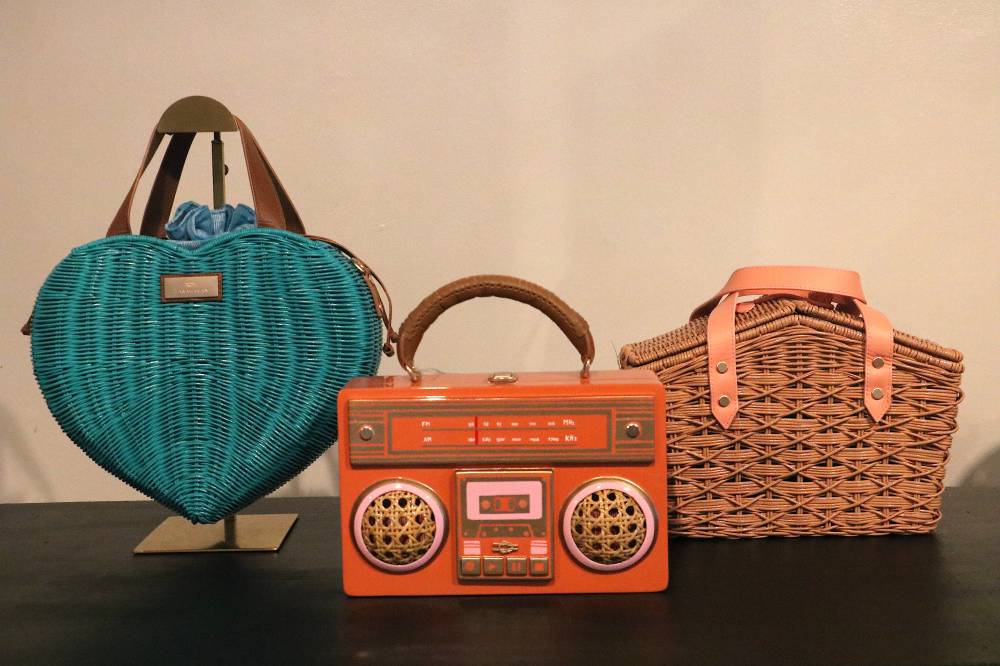
The gallery also emphasizes the role of garment producers in resource efficiency and in finding new ways to maximize value from residues, dead stock or textile waste.
Siptex, a first-of-its-kind facility that can handle large flows of textiles, sorts them by color and fiber composition using near-infrared light for continuous recycling. Meanwhile, Renewcell is a textile-to-textile recycling company that produces Circulose, a dissolving pulp made from 100-percent textile waste sewn to create other high-quality textile products.
The event walks the viewers into H&M’s Innovation Stories, which features forward-thinking ideas and innovative fabrications and designs. The lineup fosters animal-friendly fashion and alternatives to animal-derived materials, circular design strategies, as well as earth-friendly methods of working with color.
The exhibit introduces the guests to Filipino brands that champion sustainability in the local scene. Zarah Juan, known for fun, whimsical and distinctly Filipino designs, prides itself on using ethically and locally sourced materials and community-based small-scale production.
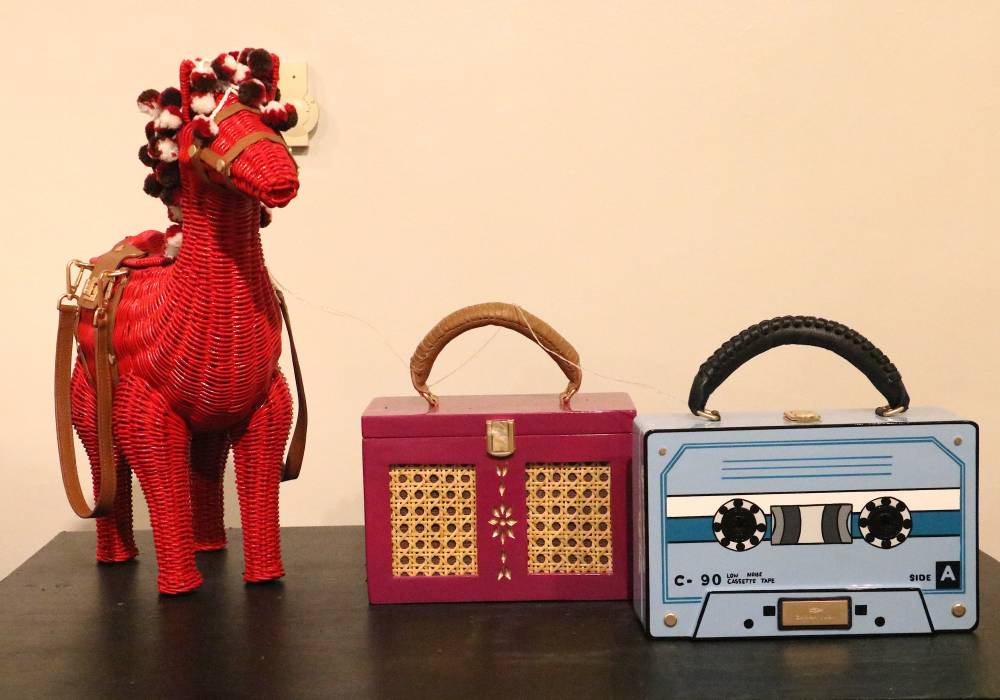
Lily of the Valley by Camille Escudero offers 100-percent made-to-measure innerwear products to reduce overproduction and wastage. It pioneers a take-back program to give old and unusable underwear a second life.
Repamana is a social fashion enterprise that treats waste—from rejected fabrics to floral scraps—as the primary source of materials. Launched by FDM talents Darius Jireh Juson and Allesandra Gutierrez, it focuses on creativity and community with the goal to employ female persons deprived of liberty as seamstresses for a renewed sense of purpose and dignity in their work.The exhibit opened with a series of discussions on the featured Filipino artists, joined by Swedish Ambassador Annika Thunborg, F/ACT Movement project manager Adrian Zethraeus and H&M regional sustainability manager Rachel Tan. Together, they encouraged the attending student artists to utilize their talent and skills toward a more sustainable industry.
“Fashion Forever” is on view every Wednesday and Thursday until Jan. 25, 2024 at the 8F Benilde Design + Arts Campus.
###—###
#Kicker
Wednesdays and Thursdays until Jan. 25













